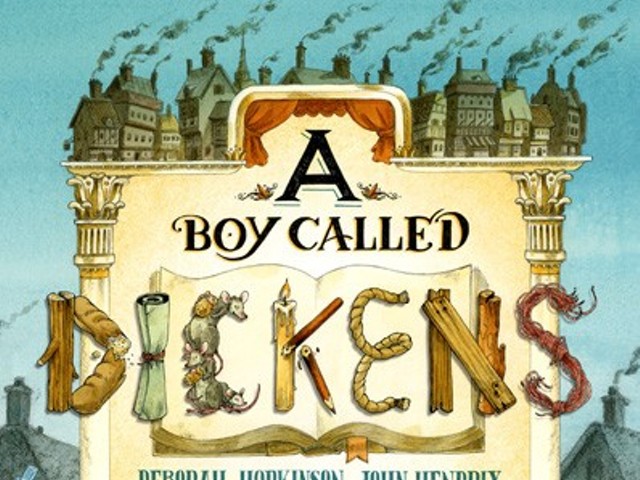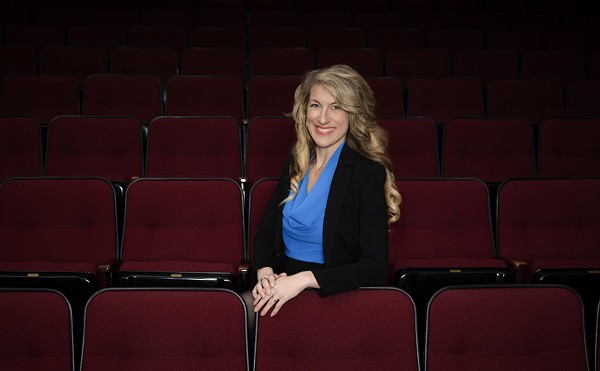For more than 90 minutes, Denny and Joey sift through the detritus of their star-crossed lives. Sometimes they confront each other, but mostly they talk to the audience. The evening is primarily narrative. (And then this happened.) Ultimately the piece bears an uncanny resemblance to the kind of Book on Tape you'd cue up in your car, only here you can't turn it off and you're not going anywhere.
Give A Steady Rain this: The story is not dull. There's enough mayhem and murder (cannibalism, even!) to fill several plays. But there's nothing new about cops on the take. In order for these stories to resonate, they need to include some kind of ethical quandary. (Sidney Lumet's 1981 film Prince of the City comes to mind.) Evidently working from the notion that unremitting descriptions of graphic violence are enough to hold a viewer's interest, he never digs beneath the surface to reveal a theme.
Some critics have hailed Huff as the latest graduate of a Chicago school of playwriting. Perhaps this is to suggest that he is a dramatic descendant of Tracy Letts (wrong) and David Mamet (double wrong). If anything, Huff follows in the tradition of Chicagoan Paul Sills, whose Story Theatre staged tales of the Brothers Grimm. Obviously, the story being told here is a lot grimmer than that, but it does require more than actors; it needs storytellers. As Joey, the less charismatic of the two partners, the one who spent a lifetime getting pummeled by the friend he has always revered, Michael James Reed persuasively weighs his words and takes time to think through the import of what he's saying. But Joey Collins, as Denny, is not a storyteller. He is only an actor, and in this role, not a credible one. (Do you really accept him as a street cop who has spent his life around hookers and drug addicts? I didn't, not from his first line.)
Perhaps A Steady Rain is supposed to roller-coaster to some sort of tragic end, but it's too overwritten for that. As directed by Steven Woolf, there's little crescendo here. (And as an aside, constantly having these guys get in and out of their leather jackets is a distraction.) The one person who instills the piece with any nuance is lighting designer Peter Sargent. Late in the evening, Joey sits in a chair, as rapt as Rodin's Thinker. A stage direction in the script states that Joey should "remain fully lit." But Sargent ignores that directive. He understands the play better than its author does. Here, Joey is half-lit, half in the dark, as if the light is competing with the shadows for Joey's tormented soul. Had Huff written a script that was similarly morally conflicted, he might have transcended pulp fiction.





